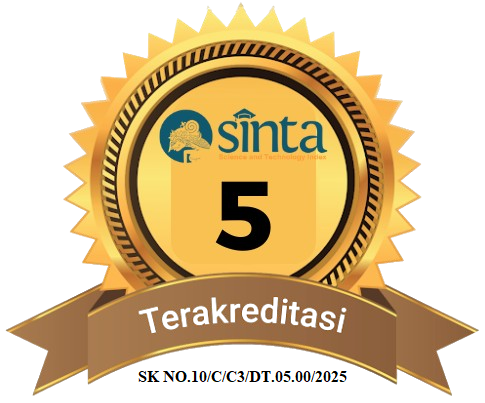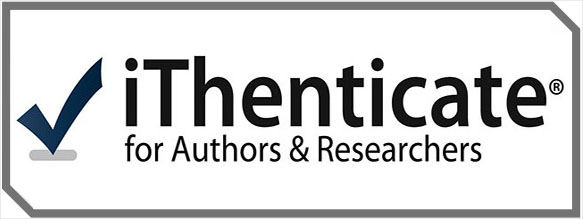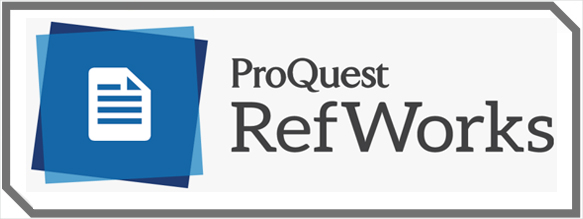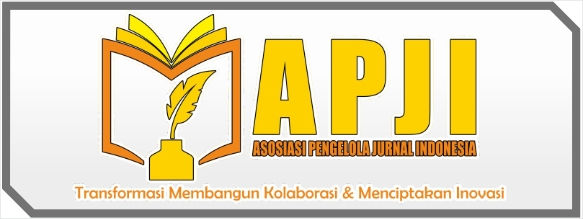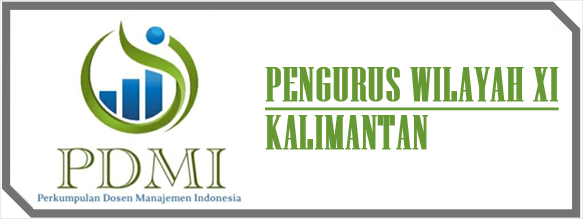Author Guidelines
Types of paper
- Original research papers. Research articles that have not been published previously may be submitted as regular papers/original research papers. The word limit is 8000 words (but not restricted), excluding Tables, Figures, and References.
- Review papers. Review papers exist for the expression of opinions and allow authors to submit material that may not be appropriate for original research articles but which contains ideas worthy of publication, which include a letter from the Editor or letter to the Editor
- Policy forum. The policy forum format encourages submissions from researchers, practitioners, and policy-makers. Researchers long engaged on a particular issue that has identified emerging trends or critical elements of an issue, practitioners noticing issues overlooked among the research community, or policy-makers that have particular insights into the design, application, and implementation of a policy are encouraged to submit through this format to shape research and policy agendas going forward. Envisioned as a shorter format that focuses on these emerging trends, policy forum submissions should target 1,500 - 3,000 words. Submissions will undergo a peer-review process.
The suggested outline for submissions should initially focus on a brief introduction about the issue at hand, present the authors' overall reliability or authority on the topic, and present the relevance for contemporary debates on critical issues of environment-society relations going forward in Southeast Asia. - Notes from the field. Research contexts in South-East Asia -- including geographical, linguistic, and cultural dimensions -- can be particularly challenging given the region's breadth and diversity. Notes from the field provide a format for researchers interested in sharing their fieldwork experiences and raising critical questions about data collection complexities. This format aims to exchange different experiences on fieldwork, encourage more rigorous discussions about the researcher's role and various approaches to collecting data, and raise essential discussions about ethical considerations. The suggested format is a 1,500 - 6,000 words reflective narrative in which ethical, methodological, empirical, and other problems and solutions are presented.
The suggested outline should begin by providing a brief introduction about the research, followed by a description of the research method(s), and focus on the fieldwork issue raised. - Methodological engagement. The boundaries between the different scientific disciplines have faded over the years. With the arrival of new technologies, there has been increasing innovation in approaching research in new ways for both communications and research applications. As a format, methodological engagement encourages submissions that provide insight and direction about creative ways of tackling complex research problems. In this format, we envision the cross-pollination of disciplines from social, political, ecological, spatial, economic, and others to trigger new debates and generate research ideas across a fraught research field with complexity. The format is open to creative interpretation, but we suggest guidelines of between 1,500 - 3,000 words.
The suggested outline should begin with a brief introduction about the research topic, the interwoven research traditions, methodological challenges, and the potential delivery of research outcomes. - Special Section: Section that invites original research papers and article reviews for specific themes. A special section enables us to publish papers focusing on specific themes, often related to a "hot topic."
The Reports section consists of brief factual summaries of research and reports from institutions. Reports and Review Papers should comprise 500-5000 words. - Book Reviews. Book reviews should comprise 800-2000 words on new books, software, and videos relevant to the scope of Management and Business (template).
- Conference Reports. Reports on significant conferences of particular interest to Management and Business, approximately 1000-2000 words.
- Forthcoming meetings. Notices of forthcoming meetings for listing in the Calendar section are welcomed. Entries must be received at least three months before publication.
Guideline for Submission
|
||
|
||
|
||
|
||
|
||
|
||
|
||
|
||
|
||
|
||
|
||
|
||
|

